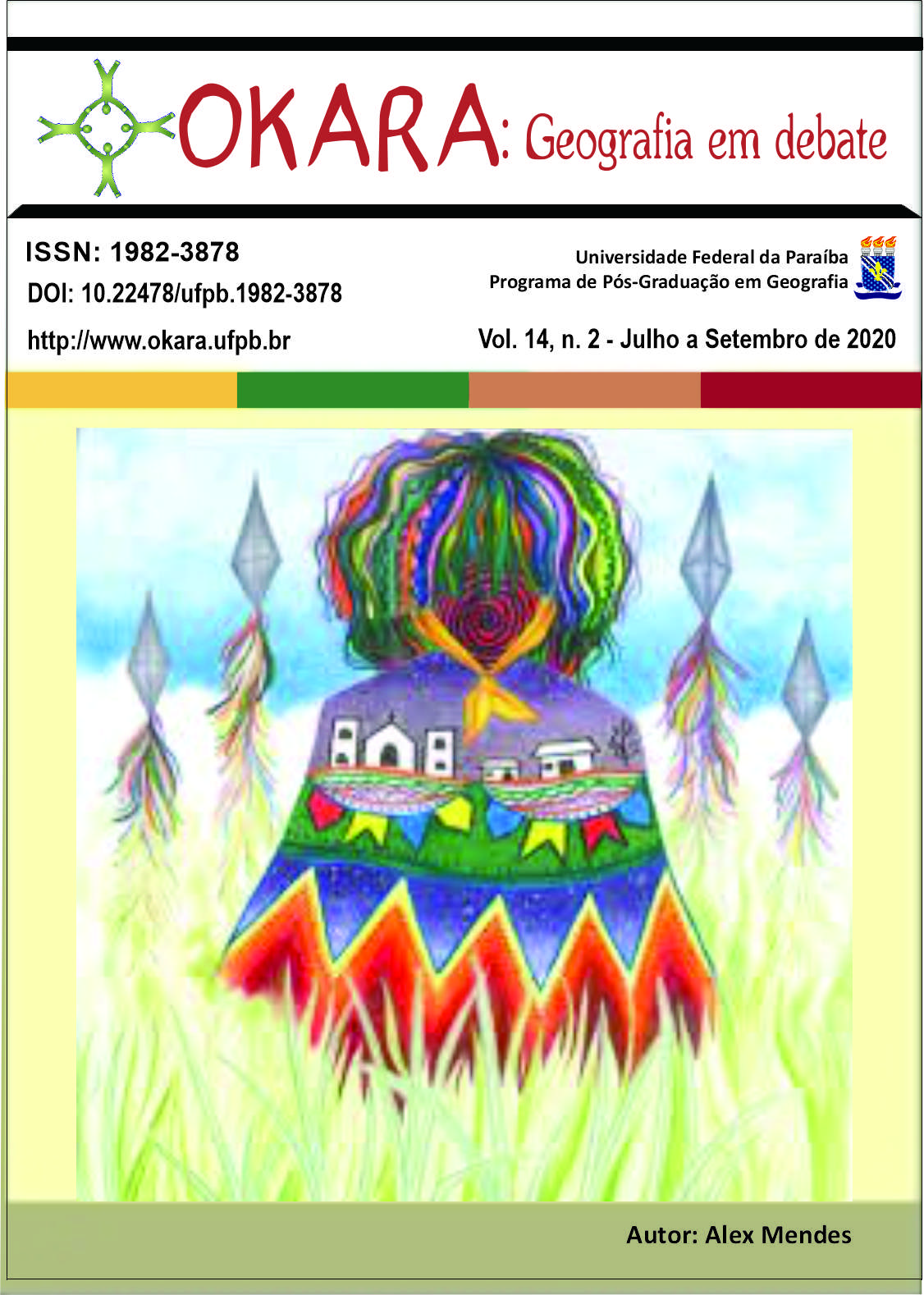O “CAFÉ FEMININO” NO CONTEXTO DA CERTIFICAÇÃO FAIR TRADE: uma análise sobre o papel das mulheres na COOPFAM
DOI:
https://doi.org/10.22478/ufpb.1982-3878.2020v14n2.54764Resumo
É sabido que o café é uma das principais commodities brasileiras e que se destaca na economia do Sul de Minas. No entanto, a adoção do sistema de cultivo orgânico é ainda uma novidade na região, dominada pelo sistema convencional, adepto da utilização de insumos químicos. Destaca-se na exportação de café orgânico a COOPFAM (Cooperativa dos Agricultores Familiares de Poço Fundo e Região), que na busca pela certificação fair trade (comércio justo), necessitou adotar medidas para promover a equidade de gênero. É nesse contexto que surge o “café feminino”, que passa a permitir que as mulheres sejam cooperadas individuais, dentro da unidade de produção familiar, e também é criado o grupo MOBI (Mulheres Organizadas Buscando Independência). É inegável que isso tem contribuído para o empoderamento dessas mulheres, mas que também é uma estratégia de marketing da cooperativa. Daí a necessidade de verificar se elas estão sendo remuneradas de forma justa também e qual o real papel da mulher na produção do “café feminino” no contexto da adoção da certificação fair trade. A pesquisa foi realizada no município de Poço Fundo-MG, a partir de pesquisa e revisão bibliográfica e entrevistas com o ex-presidente da cooperativa e com 15 mulheres cooperadas. Concluiu-se que vem ocorrendo uma mudança na vida delas, que se sentem mais valorizadas e com esperança de que estejam abrindo um caminho a ser seguido por suas filhas na cafeicultura. Mas ainda há muito a se conquistar, em termos de equidade de gênero, dentro e fora da cooperativa.Downloads
Não há dados estatísticos.
Downloads
Publicado
2020-10-09
Edição
Seção
Artigos





